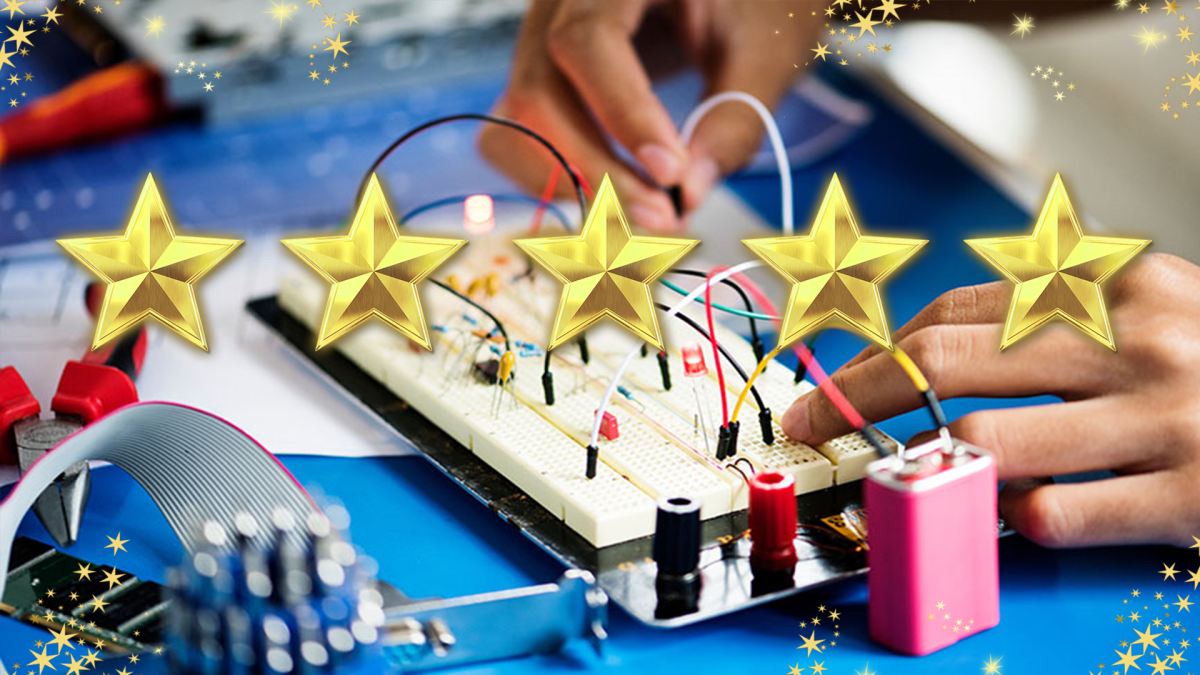This is the third lesson in the series of lessons comparing how garden growing techniques determine plant growth and production. In this 3 - day lesson, students will begin with review of the first 2
This lesson is intended to build on existing knowledge about a previously learned topic. Students should already know about and be able to apply specific information about a bird species based on a
In this hands-on lesson, students will work in groups of 3 and experiment with light on plants to explain photosynthesis. They will conduct this experiment over the course of 3 to 4 weeks. With data
In this lesson plan, students will be asked to model and introduce an invasive species that they think will adapt and reproduce quickly but will cause harm in Arizona ecosystems. Students are expected
This lesson gives students an opportunity to apply the concept of measuring to a real world experience of measuring plant growth over time.
This lesson will help the students to identify methods to analyze, describe and demonstrate a data set of their choice. In this lesson, we are using a digital evolution software called Avida, created
Students start to build 3D models of the entire farm or a smaller, more detailed area. Students continue to focus on ratios, volume, and nets while combating the environmental effects of farming.
Students will learn to differentiate between plant and animal cells and their functions. Students will also begin a project of growing plants for an experiment with photosynthesis.
Exploring chemical reactions is highly engaging for the students if taught in a student-centered lesson. This lesson was inspired by the activity of 6th-Grade Amplify Science, Exploring Chemical
Students will color a penguin with crayons and then spray water on their artwork. They'll observe how the water repels off of their paper. Discuss with students how the wax from the crayons keeps the
This is the 3rd part of the lesson series where students will determine the thrust and stability of their water bottle rockets to answer their essential question: Using the Design Process how can we
Students will discover the relationship between mass and volume in relation to density through an inquiry lab. Students will take mass and volume data of several different solid substances and compare
Students will learn about what makes an insect an insect. This is the 3 distinct body parts and 6 legs attached to their thorax. They will be able to distinguish between the characteristics of an
Students will learn about the history of the National Parks Service and the different biomes and environments within the United States. Then, they will choose a National Park to research and present a
In this lesson the students will learn about bird feeders and bird water baths. Students will learn how to create spaces that welcome birds in their surroundings. They'll find out why it's important
In this lesson the students will learn about the hydroponic growing system, which uses water and nutrients to nurture plants without traditional soil. They will also have the opportunity to observe
In this lesson on building a garden bed, students will learn the essential steps to create a gardening bed. They will explore selecting an ideal location, constructing the bed using suitable materials
~Students apply the engineering design process as they learn the advantages and disadvantages of the greenhouse effect. ~Students will work collaboratively to construct a miniature greenhouse to
This STEAM project will have us exploring some of the issues or problems associated with food and creating solutions to educate and persuade our community about how our food is produced and making the
In this 7 week unit, students will utilize resources around them to create a garden for a culminating taco party! Students will work on science, math, and ELA within the unit. Feel free to host this
This project encourages students to be more knowledgeable on the beauty and natural resources of the Grand Canyon State, Arizona, by creating informative posters and hosting a classroom gallery walk
Collaboratively, students will make a 3D-model of their chosen Arizona biome. Their model must show the different interrelationships between biotic and abiotic factors. After project making, students
In this lesson, students will work together to identify the systems by using a preserved frog. The systems that will be studied are the digestive, respiratory, and circulatory system. Prior to these
Students will explore the different types of mouth parts and how their feeding needs are met. Students will 'pretend' to be insects with different mouth types and collect data on their success on
Featured Lesson Plans
Check out these notable lesson plans.

A Shocking Dystopia: STEM Adventures in The City of Ember Part 2 of 4: A Way to See in the Dark
This lesson is PART 2 of a four-lesson unit, which focuses on futures thinking, the phenomenon of electricity, closed-system agriculture, and water as a renewable energy resource. “The City of Ember”

A Shocking Dystopia: STEM Adventures in The City of Ember Part 1 of 4: Blackout! Community Circuits
This lesson is PART 1 of a four-lesson unit, which focuses on futures thinking, the phenomenon of electricity, closed-system agriculture, and water as a renewable energy resource. “The City of Ember”

Students will be able to collaboratively build, and program a simple robot using Lego Spike Prime kits. Students will demonstrate basic skills in robotics and coding by successfully constructing their
